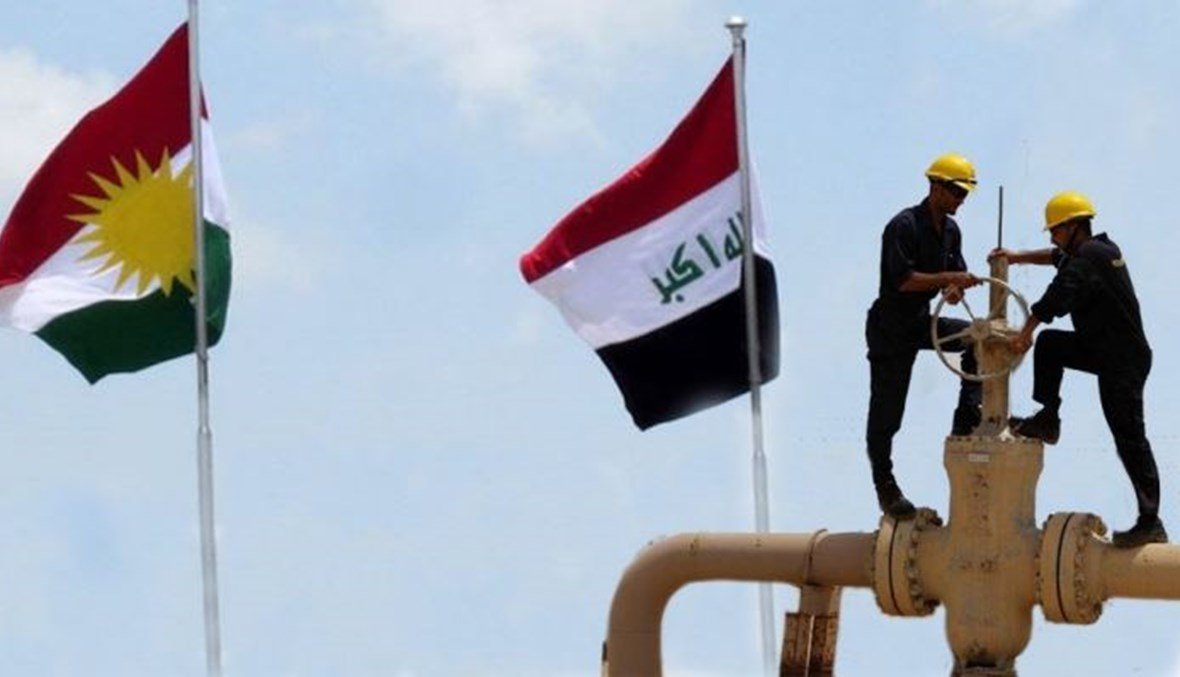What Does the US-Backed KRG Oil Deal Mean for the Kurdistan Region?

The KRG oil breakthrough, which restored exports more than two and a half years after their suspension following a landmark Iraqi government victory at the Paris-based International Arbitration Court, came at a pivotal moment, coinciding with the reimposition of snapback sanctions on Iran and brokered largely under US pressure. But what does this mean for the KRG?
Context: In February, Iraq’s parliament amended the budget law to raise the KRG’s recognized production cost from $6 to $16 per barrel. At the time, this adjustment was expected to pave the way for exports to restart. Yet despite months of negotiations between Baghdad, the KRG, and international oil companies (IOCs), no deal was reached, even though the same terms were on the table.
Analysis: After the Iraq–Turkey pipeline closed in March 2023, a portion of the KRG oil was diverted to Iran by tanker, a practice the US largely overlooked until now. With maximum pressure and snapback sanctions being reactivated to drive Iran’s oil exports to zero, the calculus has shifted. Because the KRG oil being smuggled to Iran indirectly benefited Tehran through transit fees and the use of IRGC-owned oil ports, the deal seeks to completely eliminate any profits Iran might capture, as the sanctions regime aims to inflict maximum damage on Iran’s economy.
Beyond this, as the sanctions curtail official Iranian oil exports, the resumption of KRG oil is designed to partially offset the lost Iranian supply and prevent oil prices from rising. Higher prices would not only help Russia sustain its war in Ukraine but would also politically damage Trump, as elevated fuel costs could jeopardize his party’s control of Congress in the 2026 midterms.
Yet beyond the regional geopolitics and international implications, the deal economically favors the companies and the Iraqi government far more than the KRG. Here’s why: a primary reason the KRG pursued production-sharing contracts with international oil companies—despite granting them substantial advantages—was to establish an independent presence in the global energy market and build an autonomous oil sector as part of a broader strategy to reduce economic dependence on Iraq. The KRG accepted significant concessions to the companies in exchange for one critical benefit: becoming an independent energy player, thereby gaining leverage and influence to shift the balance of power with Iraq in its favor.
However, the current export arrangement fundamentally undermines this key objective and returns to Iraq the crucial claim of sovereignty over KRG oil—even if that sovereignty remains incomplete and is bound by special commitments to the international oil companies. For instance, KRG oil is now sold under the full authorization and supervision of SOMO, which represents a defining indicator of sovereign control. In contrast, the KRG has relinquished the very foundation of its oil sector’s existence: functioning as an independent energy enterprise that enabled the KRG to operate as a semi-autonomous entity on the international stage, representing its most valuable card in the power dynamics with Baghdad.
The international oil companies emerge as clear winners as well, despite unresolved issues including past debts owed by the KRG and the temporary nature of the export agreement. The rationale is straightforward: while these contracts are significantly more favorable to the companies than those in federal Iraq, the Iraqi government has now effectively legitimized them. From an economic standpoint—which is what ultimately matters to these firms—this represents an unambiguous victory. The generous terms they originally secured reflected the high risk of dealing exclusively with the KRG, but now that risk has diminished considerably with Baghdad’s direct involvement, yet they retain the same favorable contractual advantages.
For the KRG, the picture isn’t entirely bleak. The deal is currently set for three months but could be extended if the US maintains its involvement. As a short-term fix ahead of November’s Iraqi elections, it provides a crucial cash injection for the ruling KDP, enabling payment of KRG public employee salaries that have gone unpaid since July. Beyond this immediate relief, however, the deal overwhelmingly favors Iraq. Previously, Iraq funded KRG salaries without receiving corresponding revenue from KRG oil sales. Now Baghdad can cover most KRG salary obligations through the region’s own oil sales and non-oil revenue. More significantly, under the budget law, the Iraqi government is obligated to provide investment budget allocations for the KRG, not merely salary payments, when oil exports are fully operational as the budget stipulates. Yet Iraq is now only providing salaries while collecting the oil revenue.
At its core, the struggle over KRG oil has never been just about revenue—it has been about power.Now that exports flow through the Iraqi government and companies negotiate directly with Baghdad, the arrangement directly contradicts the original rationale for establishing the KRG oil sector. Nevertheless, the sector and its physical infrastructure remain intact, suggesting this represents another chapter in the ongoing power struggle over KRG oil rather than its final resolution.









